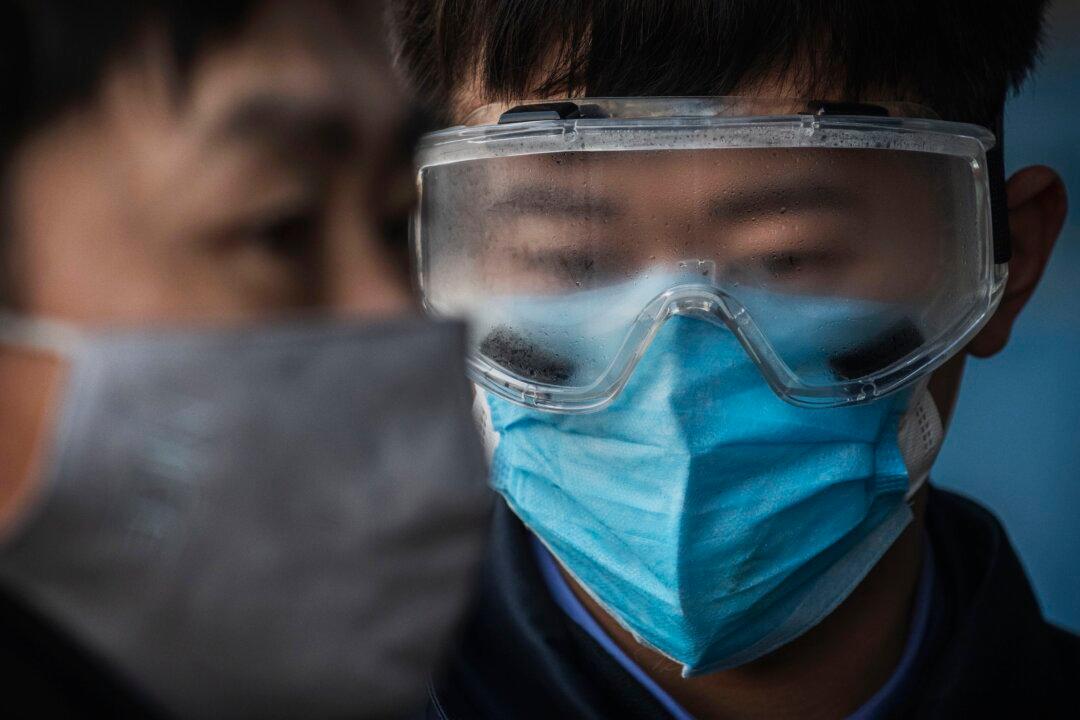News Analysis
Roughly a year after the CCP virus spread across China, the Chinese regime recently began a propaganda blitz to portray the outbreak in Wuhan—ground zero of the epidemic—as a story of triumph over adversity.

Roughly a year after the CCP virus spread across China, the Chinese regime recently began a propaganda blitz to portray the outbreak in Wuhan—ground zero of the epidemic—as a story of triumph over adversity.